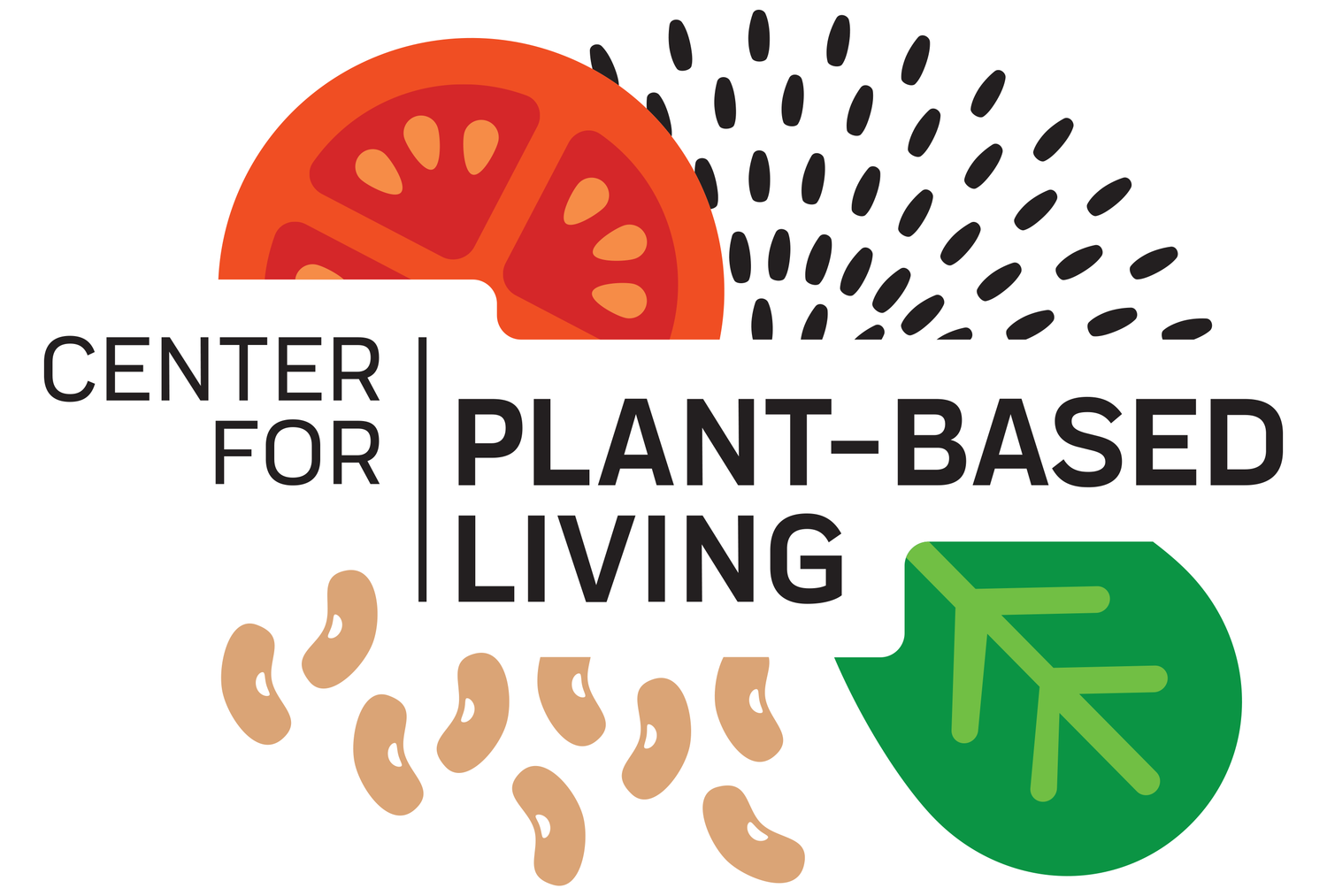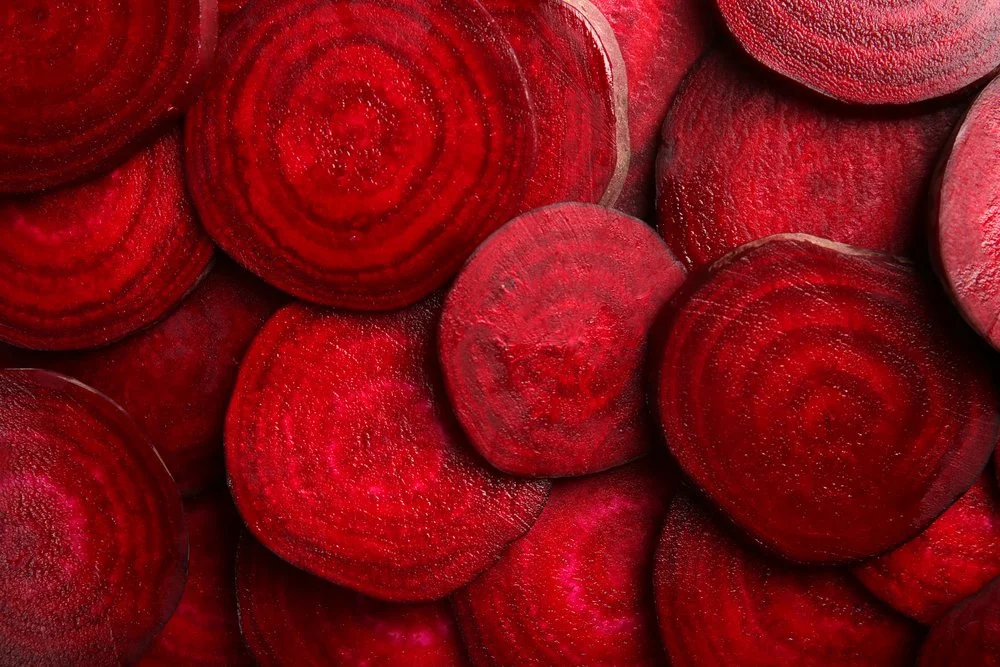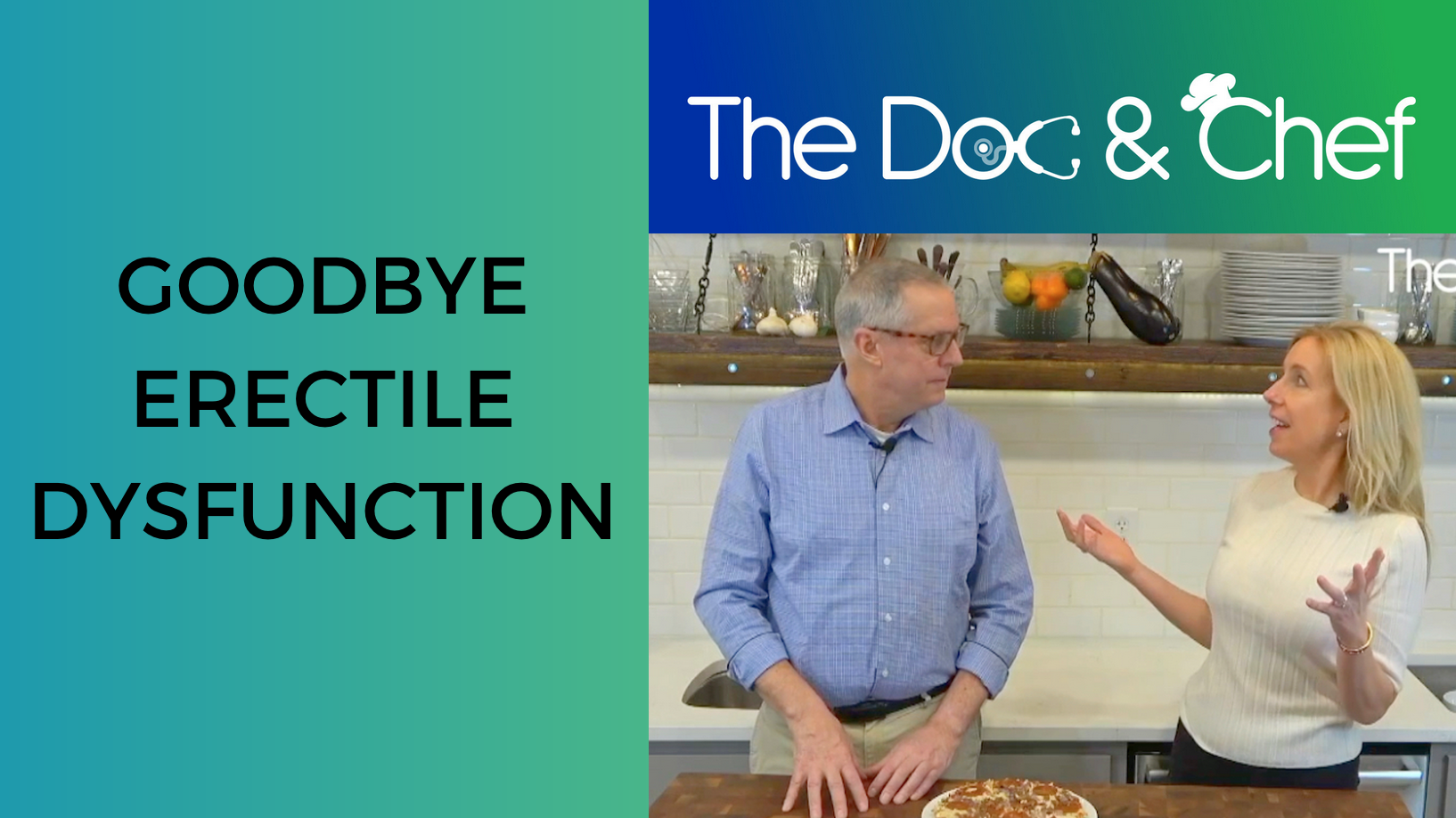GOODBYE ERECTILE DYSFUNCTION: THE DOC AND CHEF SHOW EP. 4 SCIENCE AND RECIPE
Erectile dysfunction (ED) is a common issue for men as they age. By the time a man is age 50, he has a 50% chance of having ED. For every decade of life after that, the risk goes up by about 10%. By the time a man is 70, there's a 70% chance he's got ED. [1]
So, what causes ED?
For a man to attain and maintain an erection, there's several things that must happen. There needs to be proper nerve function, adequate blood supply, an adequate amount of testosterone and they need to be in the right emotional state. So, anything that disrupts this process can cause ED. These include:[2]
Cardiovascular diseases: Conditions like atherosclerosis (hardening and narrowing of the arteries), high blood pressure, and heart disease can restrict blood flow to the penis, making it difficult to achieve or maintain an erection.
Diabetes: High blood sugar levels can damage blood vessels and nerves, leading to ED.
Hormonal imbalances: Low testosterone levels, a hormone essential for sexual function, can contribute to erectile dysfunction.
Neurological conditions: Conditions such as multiple sclerosis, Parkinson's disease, and spinal cord injuries can interfere with the nerve signals involved in achieving an erection.
Obesity: Being overweight or obese can increase the risk of ED by affecting hormone levels, blood flow, and overall cardiovascular health.
Certain medications: Some medications, including antidepressants, antihistamines, and blood pressure drugs, may have ED as a side effect.
Substance abuse: Excessive use of alcohol, tobacco, or illicit drugs can contribute to erectile problems.
Stress and anxiety: Mental health issues, work-related stress, performance anxiety, or relationship problems can interfere with sexual performance.
Depression: This condition can reduce libido and affect sexual function.
Relationship issues: Poor communication, unresolved conflicts, or lack of emotional intimacy can contribute to ED.
Psychological trauma: Past traumatic experiences or sexual abuse can impact sexual functioning.
Treatment Options
There are many treatments for erectile dysfunction, including medications, penis pumps and surgery.[3] But it turns out leading a healthy lifestyle can also play a fundamentally important role in preventing and treating ED. Many of the chronic conditions that contribute to ED, such as diabetes, high blood pressure and obesity can also be prevented, treated, and sometimes reversed with a healthy lifestyle.
One reason lifestyle plays such an important role is the effect on the vascular endothelium. The vascular endothelium is a single cell layer that lines the inside of our blood vessels. Endothelial cells release substances that control vascular relaxation and contraction. They also control enzymes that control blood clotting, immune function, and platelet (a colorless substance in the blood) adhesion.[4] And it is the ability of the blood vessels to dilate and contract appropriately that allows a man to have an erection. There are many things that can disrupt endothelial dysfunction, including an unhealthy diet, high blood pressure, diabetes, smoking, a sedentary lifestyle and atherosclerosis, or blockage in the arteries.[5]
Connection to Heart Disease
In fact, many experts now consider ED a “canary” in the coal mine for heart disease. This is a situation where size does matter. The coronary arteries that carry blood to our heart are about three to four times bigger than the artery that carries blood to the penis. If you start to get some blockage in your heart artery, say 50%, that's not enough to really cause symptoms. However, if you get that same amount of blockage in a much smaller artery, it can cause symptoms, such as ED when that blockage is in the penile artery. So, ED has been shown to be a predictor of future heart disease. Men with ED are twice as likely to experience heart attacks, cardiac arrests, sudden cardiac death and fatal or non-fatal strokes.[6]
How do we improve endothelial function? Stopping smoking, increasing physical activity, losing weight, eliminating high-fat foods, and improving blood sugar and blood pressure control have all been shown to improve endothelial function. There are certain foods that have been shown to help mainly because they are high in nitric oxide. Nitric oxide is produced by endothelial cells and is critical regulator of its function. When you develop endothelial dysfunction, there is a reduced capacity for nitric oxide production and decreased nitric oxide sensitivity.[7] These foods include green leafy vegetables, particularly arugula, pomegranates, watermelon, dark chocolate, and rhubarb. One of the most potent triggers of nitric oxide is beets. And because improved endothelium function helps increase blood flow in general, research suggests that athletes who consume beets get about a 10% improvement in their endurance performance![8]
The key to being able to rise to the occasion and perform your best is to lead a healthy lifestyle and be sure to eat those beets!
[1] Arch Intern Med. 2006;166(2):213-219
[2] Am Fam Physician. 2016 Nov 15;94(10):820-827
[3] https://www.niddk.nih.gov/health-information/urologic-diseases/erectile-dysfunction/treatment
[4] Arterioscler Thromb Vasc Biol. 2017 Sep;37(9):e108-e114.
[5] Pharmacol Rev. 2021 Jul;73(3):924-967
[6] Circulation, 01 Jul 2018, 138(5):540-542
[7] Crit Care Clin. 2020 Apr;36(2):307-321
[8] Nutrients. 2017 Jan 6;9(1):43
RECIPE
🥦 Do you know about our STREAMING PLUS membership?
Our membership is built like a streaming service - you get a full library of plant-based cooking classes to watch whenever you want. PLUS, you gain access to upcoming interactive virtual cooking classes and a monthly accountability group call.
As a member you get:
Complete library of all past virtual classes - stream them whenever you’d like!
Free access to upcoming virtual classes
Library of easy and quick recipes: 100 and growing
Access to private Facebook group
Monthly accountability check-in and support group Zoom call with Caryn
Quarterly “Ask the Doc” call with Dr. Jim Loomis, our Medical Director
A community of support
To learn more, please visit us here.



